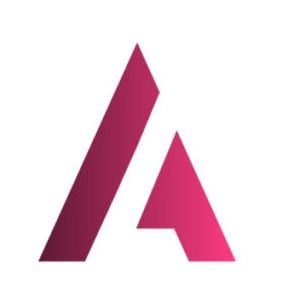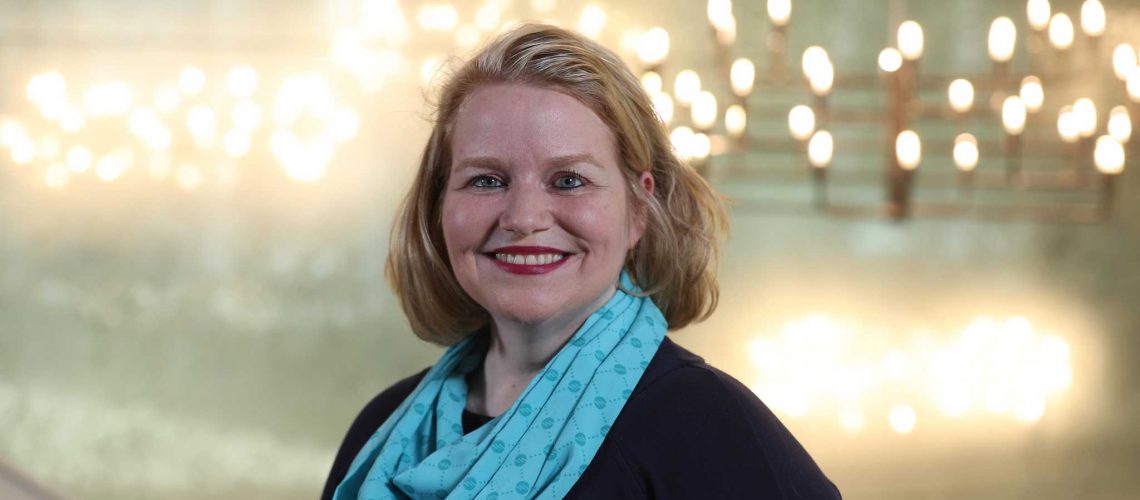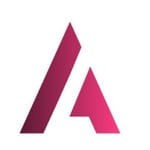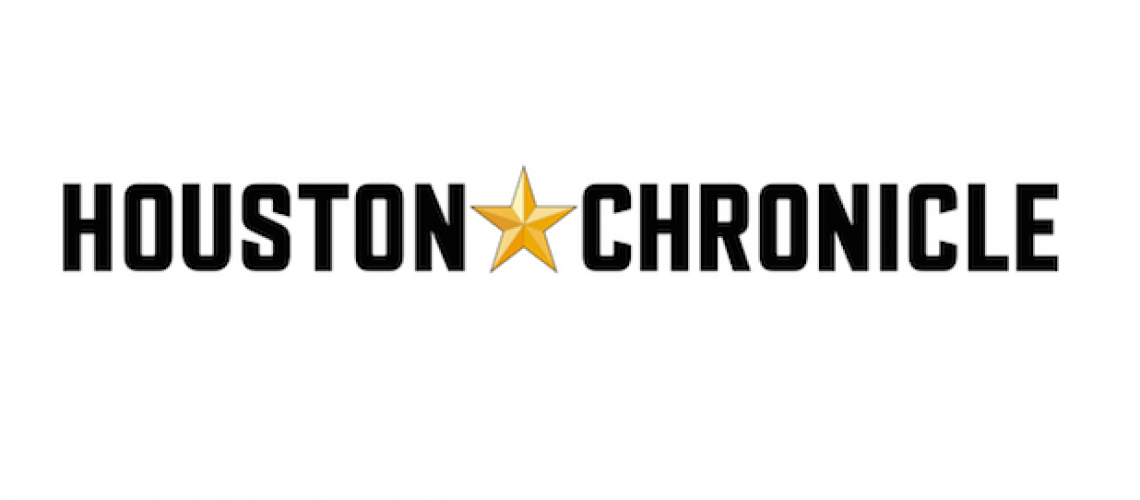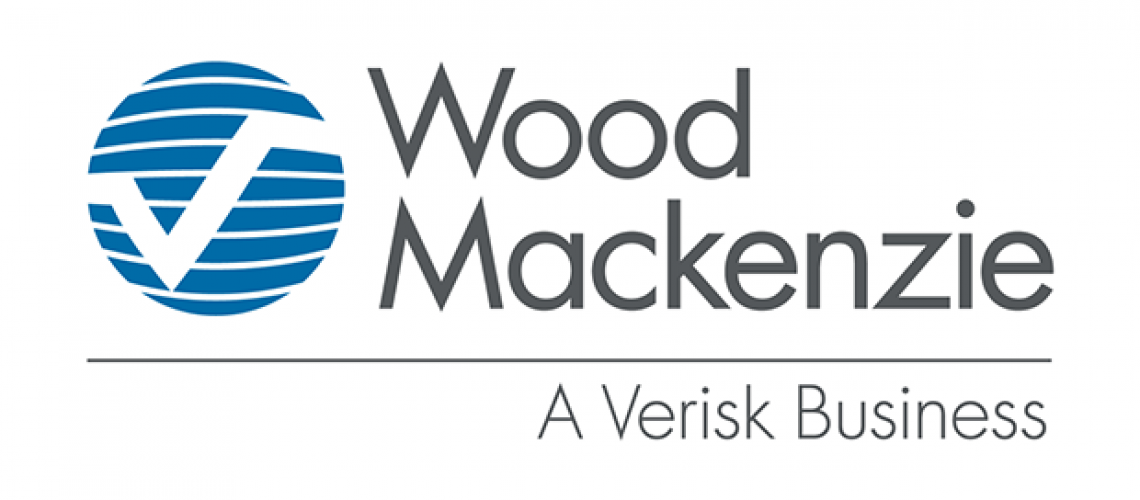Originally published on glassdoor.com
Katie Mehnert was an unlikely energy executive: a communications major who found herself not only in the industry but quickly rising through the ranks at firms like Shell and BP.
But Mehnert was troubled by the lack of diversity in the sector’s workforce. She worried the industry would stay homogenous and misunderstood due to its insular nature and unwillingness to court the press. So she left the corporate world to create Pink Petro, a learning community and social platform aimed at pulling more women and minorities into the energy sector.
Here, she explains why an engineering degree isn’t a prerequisite to an energy job, how applicants can make their resumes shine, and why an offhand comment on a plane inspired her to launch Pink Petro.
You worked at some of the largest energy companies, including Shell and BP. What spurred you to leave and start Pink Petro?
I consider myself a “tweener” — I’m no longer officially inside [the industry], but I’m not an outsider either. I wanted Pink Petro to be the rational middle.
I studied journalism in school, but I landed in [oil & gas] in part because my dad had been an engineer. And I found the energy companies are pretty standoffish to media. A lot of what they do is difficult, serious work – handling hydrocarbons and electric current – and there are men and women risking their lives every day to make sure we can get hot coffee and power our iPads. Energy underpins every aspect of modern life.
But unfortunately, that’s a great story that gets no press at all. You generally only hear about energy in the press if something goes wrong. The industry is terrible at telling its story because it’s been deathly afraid of the outside world. So it gets vilified. Meanwhile, you don’t hear about the women and minorities who are changing the old storyline, so it doesn’t inspire others to come join.
I really wanted to be in the thick of telling that story. It began after Hurricane Katrina, when I was at Shell. I saw how the company sprang into action to get people fuel, how they flew people to the Gulf to figure out how to handle this disaster and get energy to people when the platforms were turned over. I was thinking, “God, life has come to a screeching halt here because of the lack of energy. But nobody sees what we do unless we screw up.” It was this massive a-ha moment.
The big push for Pink Petro came a few years later, when I was on a flight in 2013. The man next to me and I got to talking, and he ended up saying, “What’s a nice, pretty lady like you doing in a dark, dangerous business like energy?” I thought, Dammit, I’m doing something about this.
My husband thought I was nuts. I was on the path to take a big, big job in the sector. And I was leaving it to start…a website? But I said, “the time has come.” The industry needs to get rid of its camera shyness. Otherwise, everyone else is telling the story, based on incorrect assumptions. If we’re going to attract new kinds of talent, we need to tell our own story.
What is the key to getting that new talent – namely women and minorities – into the energy sector, and how is Pink Petro working toward that goal?
I’ve been talking to executive women in the sector who are retiring, asking: Is it getting better? They’re saying no, sadly. We’re seeing some women rise to C-suite positions – Susan Ellerbusch [new CEO of Air Liquide USA], Vicki Hollub [CEO of Occidental Petroleum], Jessica Uhl [CFO of Shell] – but the pipeline for the next generation is pretty dry.
There’s a perfect storm: a generational, gender, and reputation gap. To bring people from different backgrounds into the industry, the biggest thing is showing them it’s possible. On the C-suite side, it takes measureable performance to make it happen. It’s taken a couple of major incidents in our business to realize safety is a license to operate. The CEOs who get it understand diversity is a license to operate too.
So in order to engage CEOs, at Pink Petro we’ve focused on how inclusion offers great ROI. You need to clearly show the business case, and measure the results, to create change. A lot of people get nervous about quotas and the like. But if you don’t measure, it doesn’t happen. Safety is measured religiously as part of a company’s sustainability report. Inclusion should be measured the same – for example, inclusive companies have a 22% lower turnover rate, and if you have an engaged workforce they’re likely feeling empowered and extra-responsible for keeping everyone safe. It all ties together.
I always correct people when they call us a “women’s networking group.” That’s so transactional. Pink Petro is a global business community — all about the business case tied to diversity. We’ve had companies come to us and want to throw money at us, but we’re not looking to have people just slap our name on something. We’re asking, “Where are you in your journey, and how can we get you to the next level?”
On the side of individuals, we provide professional development training, hold an annual conference and other events, perform resume reviews, enable conversations between people in the industry, post job listings at our Experience Energy site, and do anything we can to support our people. And we include men. There’s no room for the boys’ or girls’ clubs when you’re tackling a problem like this. In fact, 40% of the traffic to our site is men. Not all of them may be active in speaking up yet, but they’re consuming the information and I think that means they’re taking pause. We can’t do it unless we’re all working toward these goals.
How can someone break into oil and gas? What kinds of skills do you think are vital for success, and how can applicants make their resumes shine?
Whether you do it through Pink Petro or otherwise, get to know someone who has worked inside oil and gas. Accessibility is key – it’s an insular industry that has bred from its own, and that talent strategy is not going to work in the future. We’ve got to show the role models and bring new blood in. Even in the past five years, I think people have become more willing to hear from and help new applicants.
When it comes to training, I wasn’t a technical person myself. But a woman at Shell recommended me for a safety job and explained she needed someone who could get into hearts and minds. So I had to learn a lot about processes. I asked a million questions of people on the rig. What does this piece of equipment do? An engineer could take 20 minutes and explain if this piece breaks it costs a million dollars and we’ll have to take it out of distribution and it will affect supply…it was a lot. But I kept asking until I really got it. So don’t count yourself out if you weren’t an engineering major.
The number one thing I look for, period — male or female, industry agnostic — is someone who is curious and hungry to learn. “I went to school and got X degree” doesn’t cut it anymore. I want to see on your resume that you’re always striving to take more on, you’re able to adapt in a volatile environment, you’re flexible and nimble. It can be hard to articulate that on a resume, so Pink Petro offers a free resume review on our careers site. Our approach is, before you put your name in the hat let’s put your best foot forward.
It’s helping an individual, but it helps us all. This industry has been in a cave, and it’s an industry that affects everyone’s lives. It’s time to open it up.
